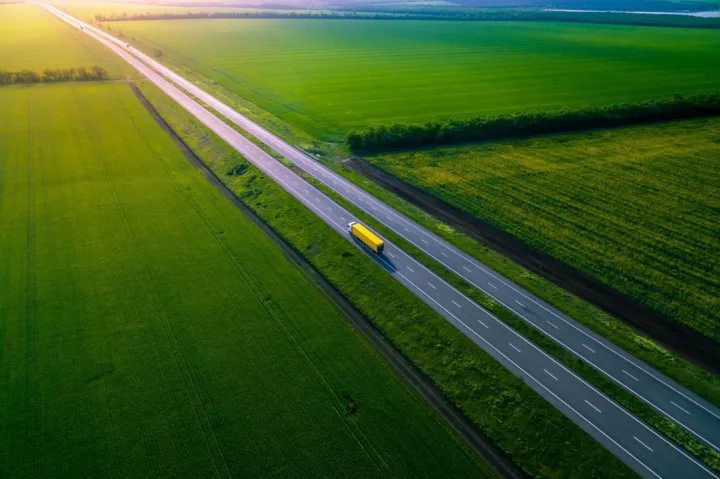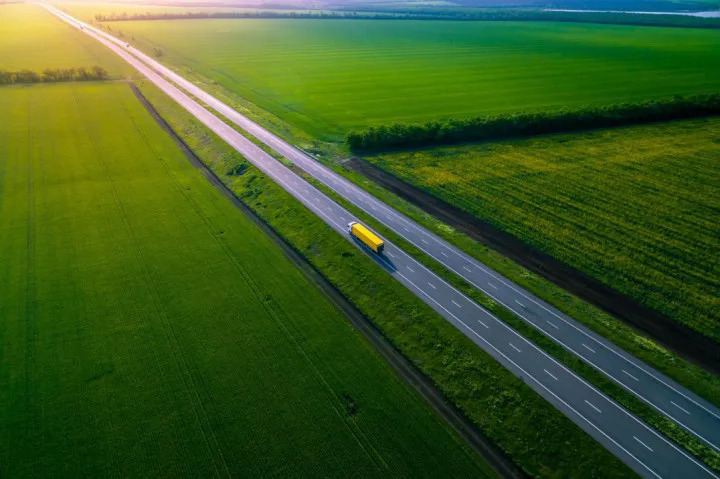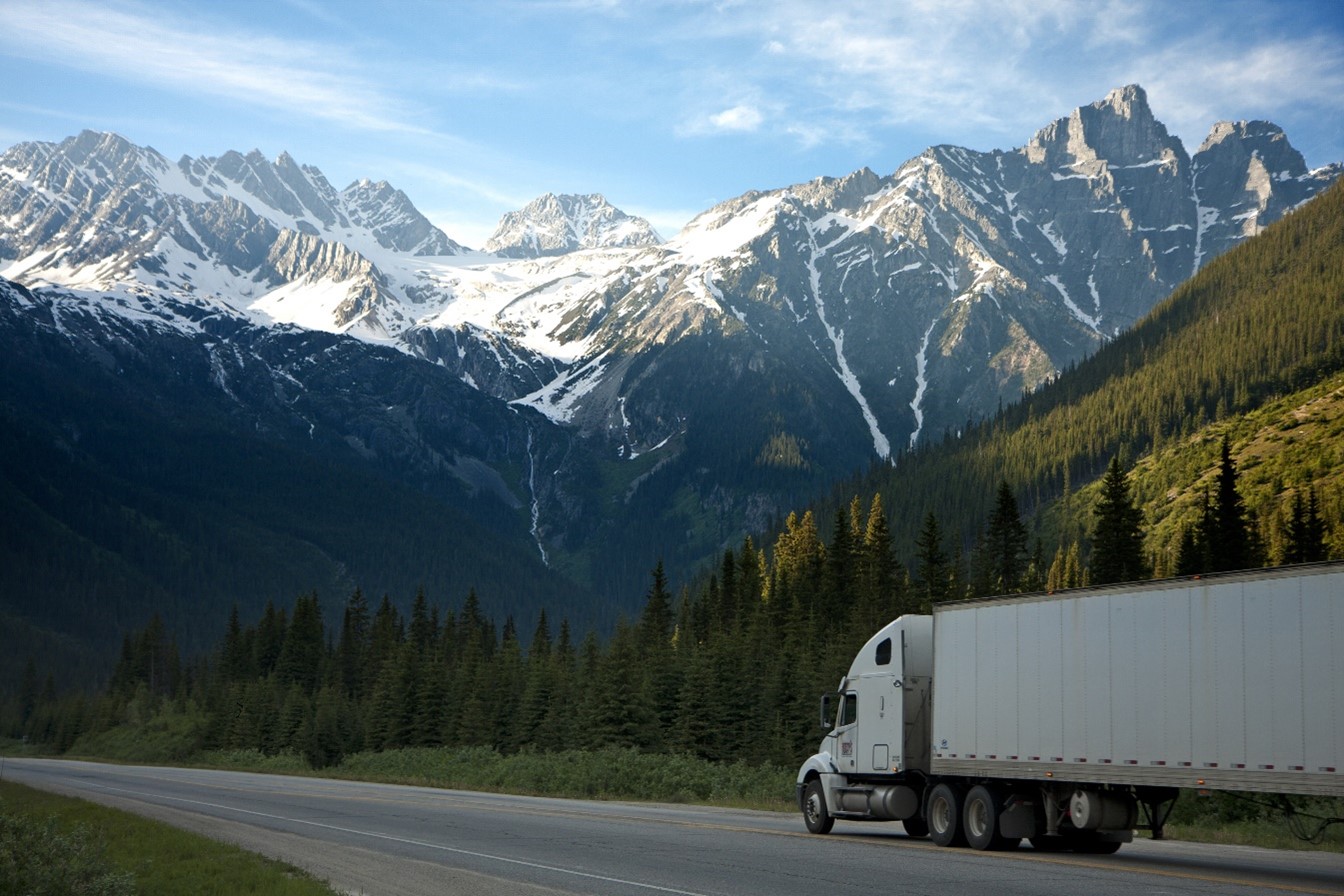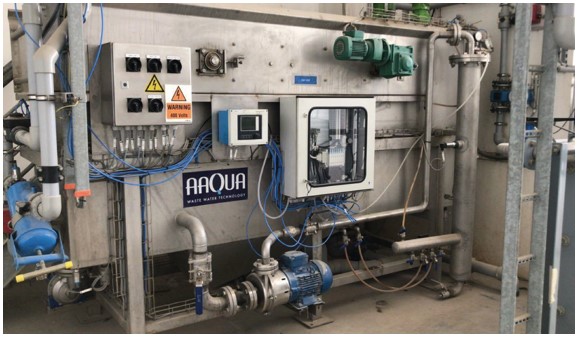Media

How to make your logistics operations more sustainable

Undoubtedly, the future of sustainability is now. Every day, new innovations in energy production, transportation, and even waste management are developed. As a result, the global sustainability market is booming, and, according to Globe News Wire, it will be worth 36.6 billion USD (132 billion AED) by 2025. Inevitably as awareness increases and preferences shift, so too will the operations that help bring products and services to billions around the globe.
This transition won't be a costly one, either. Experts are saying that sustainable practices can actually contribute to your business' long-term profitability. And with Dubai being increasingly recognized as a major regional and global center for logistics operations, logistics are a great place to start your business' journey to sustainability.

Why be sustainable now?
Given supply chain disruptions caused by the pandemic, sustainability may understandably be at the bottom of your list of priorities. So why start paying attention to it now?
Well, for starters, going green helps businesses cut down on overhead costs. Shifting to clean energy alone can cut your electricity bill in half, with solar and wind turbines producing cheaper energy than traditional methods. Sustainable businesses are also more likely to attract new talent and keep them for longer. They are also more efficient and productive on average.
That's not all, though: sustainability also improves your overall reputation, increasing investment opportunities. In fact, Reuters reports that sustainable investments now make up a third of all global assets.
Indeed, there's much to be gained from embracing the so-called "Green Revolution."
Why start with logistics?
As global consumption grows alongside the perils of climate change, more people are looking to logistics operations as one sector where carbon footprints can be greatly reduced. Greener companies like Shaklee and Maersk Line are now attracting larger followings globally, which means that those who don't start implementing sustainable practices will get left behind and may lose business.
Beyond this, if your logistics operations don't start becoming more sustainable, it will be difficult to do so as 2050 approaches. This is the year Energy Minister Suhail Al Mazrouei has slated the UAE to reduce carbon emissions by 70% and increase clean energy use by 50%. The penalties that may be incurred due to non-compliance to government targets will not be worth potential losses in the long run.
That being said, here are some ways logistics operations can become more sustainable.
Set your goals
To get started in green logistics, define how far you want to go within a certain period of time. You don't need immediate, drastic changes, but do set attainable goals, so that you can make your transition as smooth as possible.
Identify where waste is produced most along the supply chain. This doesn't just refer to physical waste, but also areas where resources can be utilized better. From this, determine goals that align with both sustainability targets and the targets of your organization as a whole. For example, truck fleets can aim to reduce fuel consumption by 40% in the next 2 years.
Make the most of data analytics
But how do you measure your progress definitively? The answer may lie in a machine learning-powered tool: data analytics. This software can help parse through data produced by logistics operations, and, subsequently, generate insights that provide points for improvement.
These may include things like optimizing tire pressure to reduce fuel consumption, or even predicting future weather patterns so you can adjust shipment schedules accordingly. Some programs even go beyond this by converting these insights into an easy-to-digest visual format.
Leverage AI technology
Machine learning has also produced one of the most useful technology applications to date: the self-thinking software known as artificial intelligence (AI). AI-powered route optimization tools, for instance, can automatically find the most convenient way for vehicles to get from Point A to Point B. Some even come in the form of mobile apps, and are geared to help drivers reduce fuel consumption and distractions over time.
Meanwhile, yard logistics can help bridge the gap between warehousing operations and transportation management by automatically creating schedules, providing AI-powered self-service features for drivers. It can even assist with choosing the best vehicle to transport each individual shipment. This streamlines the processes and prevents delays caused by miscommunication, potentially saving millions in time, effort, and resources while reducing your carbon footprint.
And in storage facilities, you can take notes from ecommerce giants like Amazon. They use AI to determine the optimal packaging each product needs, from package size all the way down to the length of tape used per package. This can help you save on materials while also cutting down on the plastic waste produced.
Ditch single-use handling materials
Speaking of waste, many materials discarded at the end of supply chains, like boxes and tanks, can be reused. For example, switching to reusable plastic pallets means you'll be using pallets that last longer, are easier to clean, and can be customized to accommodate special cargo. You'll also be saving the money usually spent on purchasing new wooden pallets for each shipment.
Try out new transport innovations
Clean transportation technologies and fuel alternatives can also go a long way in ensuring logistics sustainability across the globe. Automated trucks are plying routes in America, electric ferries will soon be part of Swedish public transport, and airplanes are now using plant-based fuel sources.

In fact, even solar power is helping drive a number of electric and hybrid vehicles today. As compared to traditional electric vehicles, solar-powered ones avoid the issue of long charging times altogether by continuously converting energy. A guide to inverters on Hoymiles explains that by using inverters, every solar panel is able to convert direct current power into alternative current power for safe use. This means that all processes, from the time the sunlight hits your solar panels through to conversion and storage in batteries, can be performed on the go.
Since solar vehicles have fewer parts, they're easier to maintain and will break down less often, as well. And with solar being the cheapest electricity, you'll also save significantly on fuel costs.
Work with your competitors
Consider collaborative logistics, which involves partnering with competitors to collectively reach a goal. Load optimization, for example, distributes loads evenly to maximize the capacity of all the transport vehicles of a group of companies. This results in fewer runs with empty vehicles, a solution that is cost-effective for everyone involved.
The bottom line
Undoubtedly, there are countless ways with which you can get started in green logistics. Most of them are relatively small-scale in nature too, so even the simple adoption of new software here and there is going to help you hit those sustainability targets.
RSA Global has recognized the need for sustainability initiatives in the supply chain field and will further roll-out green projects to improve their environmental footprint, attract new talent and retain customers. The company has, for example, installed roof top solar panels on four of their company facilities generating 3.5 MW which supports 90% of the company's energy consumption. Complementing the solar rooftop installations, RSA Global has built two solar carports with a capacity of 300kW accounting for approximately 500MWh of clean energy per year mitigating 350 metric tons of CO2. The solar carports provide shade and protection for vehicles from colleagues and visitors while generating clean energy and reduced electricity bills. With this project, RSA Global supports the "UAE Energy Strategy 2050" mentioned earlier which aims at increasing the supply of clean energy in the national energy mix to 50 % by 2050.
Solar partport at RSA Global's HQ in Dubai
Another rather small-scale project is the in-house water recycling station which enables the cleaning and reusage of water. The plant recycles more than 60% of the water in best quality so that it can be reused for tank container or road tanker cleaning as well as for irrigation of our green planting area. The recycled water sums up to around 7.2m liter per year and tap water is filtered for drinking usage.

RSA Global's water plant
Consequently, an article written by Fatima Asprec believes that such initiatives are what make a logistics partner reliable. And as your shift to sustainability progresses, you're sure to see a hefty ROI on the horizon.
Article was specially written for www.rsa.global by Alison Woods.



